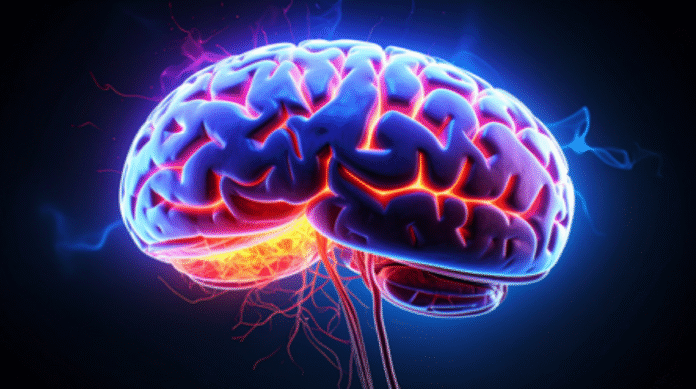NEW DELHI– People with dementia are diagnosed an average of 3.5 years after the first symptoms appear, significantly delaying access to care and treatment, according to a new study published in the International Journal of Geriatric Psychiatry.
Early signs of dementia often include memory loss, difficulty finding words, confusion, and changes in mood or behavior. However, these symptoms are frequently mistaken for normal aging, contributing to delays in diagnosis.
Researchers from University College London (UCL) reviewed data from 13 previous studies conducted in Europe, the U.S., Australia, and China, encompassing a total of 30,257 participants. Their findings revealed that younger patients and those with frontotemporal dementia typically faced longer diagnostic delays. In cases of early-onset dementia, the average time to diagnosis stretched to 4.1 years.
“Timely diagnosis of dementia remains a major global challenge, shaped by a complex set of factors, and specific health care strategies are urgently needed to improve it,” said lead author Dr. Vasiliki Orgeta, from UCL’s Division of Psychiatry. “Timely diagnosis can improve access to treatments and, for some people, prolong the time living with mild dementia before symptoms worsen.”
Dementia affects over 57 million people worldwide and continues to rise as a global public health concern. Yet, studies estimate that only 50 to 65 percent of dementia cases are diagnosed in high-income countries. Diagnostic rates are often even lower in low- and middle-income nations.
Dr. Phuong Leung, also from UCL’s Division of Psychiatry, emphasized that stigma and misconceptions remain major barriers. “Symptoms of dementia are often mistaken for normal ageing, while fear, stigma, and low public awareness can discourage people from seeking help,” Leung said.
The researchers stressed the need for public education campaigns to raise awareness of early symptoms and reduce stigma, encouraging individuals and families to seek medical guidance sooner.
“Clinician training is critical to improve early recognition and referral, along with access to early intervention and individualized support so that people with dementia and their families can get the help they need,” Orgeta added. (Source: IANS)














